Medication Overuse Headache (MOH), otherwise known as Medication Adaptation Headache is a vastly under diagnosed issue amongst people living with headaches and migraine. It can easily be misdiagnosed as a progression of an existing migraine or headache. It is often mis-labeled as ‘chronic migraine’ or ‘chronic daily headache’.
It is responsible for the vast majority of recurrent daily headaches. It is estimated that around 1% of the population suffer from medication overuse headache (1). A study showed that the incidence of MOH in migraineurs is 9% after 12 months with the condition (2).
What Is Medication Overuse Headache?
As you may assume, this is a headache that occurs as the result of using pain medications too regularly for relief. This type of headache is thought potentially to be a withdrawal symptom from the use of these medications.
Headache and migraine drugs work by ‘calming’ the particular nerves and enzymes in the brain responsible for transmitting pain. If this is done repeatedly, the threshold for these nerves and enzymes to be activated can become lower, making it more likely for them to transmit pain.
It is important to note that this is not the same as drug dependency. This is because someone with MOH tends not to have cravings for the medications and the quantity taken each time tends not to increase.
Are Some Drugs Worse Than Others?
There are a variety of medications that have been known to produce medication overuse headache. These include, triptans, paracetamol, aspirin, opioids, caffeine and barbiturates.
That said, triptans have been shown to lead to MOH more readily than aspirin or paracetamol (3). The same is true for compound analgesics, where a pain killer is combined with another substance such as caffeine, codeine or barbiturates.
How To Know If You Have Medication Overuse Headache?
Have your headaches moved from being intermittent to frequent (at least one every 2 days)?
Are you taking medication for headaches or migraine prophylactically (in anticipation)?
It’s important to note that MOH can present with aura, much like a migraine, so it is best to count days with the onset of aura when considering how frequently they arise.
How Is Medication Overuse Headache Treated?
Ultimately, the goal of treatment is to stop using the medication creating the headaches. This of course is not always a simple task.
No matter the medication you are taking it is imperative that the process of withdrawal is directed by your GP or a specialist.
If you suspect you may have medication overuse headache, you can book a free 15 minute appointment with us. We can discuss whether our treatment approach could help reduce your reliance on medications for relief from headaches or migraine.
For more information on how we can help, visit the headache and migraine page.
- Diener HC, Limmroth V. Medication-overuse headache: a worldwide problem. Lancet Neurology 2004;3:475-83.
- Katsarava Z, Schneeweiss S, Kurth T, Kroener U, Fritsche G, Eikermann A, et al. Incidence and predictors for chronicity of headache in patients with episodic migraine. Neurology 2004;62:788-90.
- Limmroth V, Katsarava Z, Fritsche G, Przywara S, Diener HC. Features of medication overuse headache following overuse of different acute headache drugs. Neurology 2002;59:1011-4.





